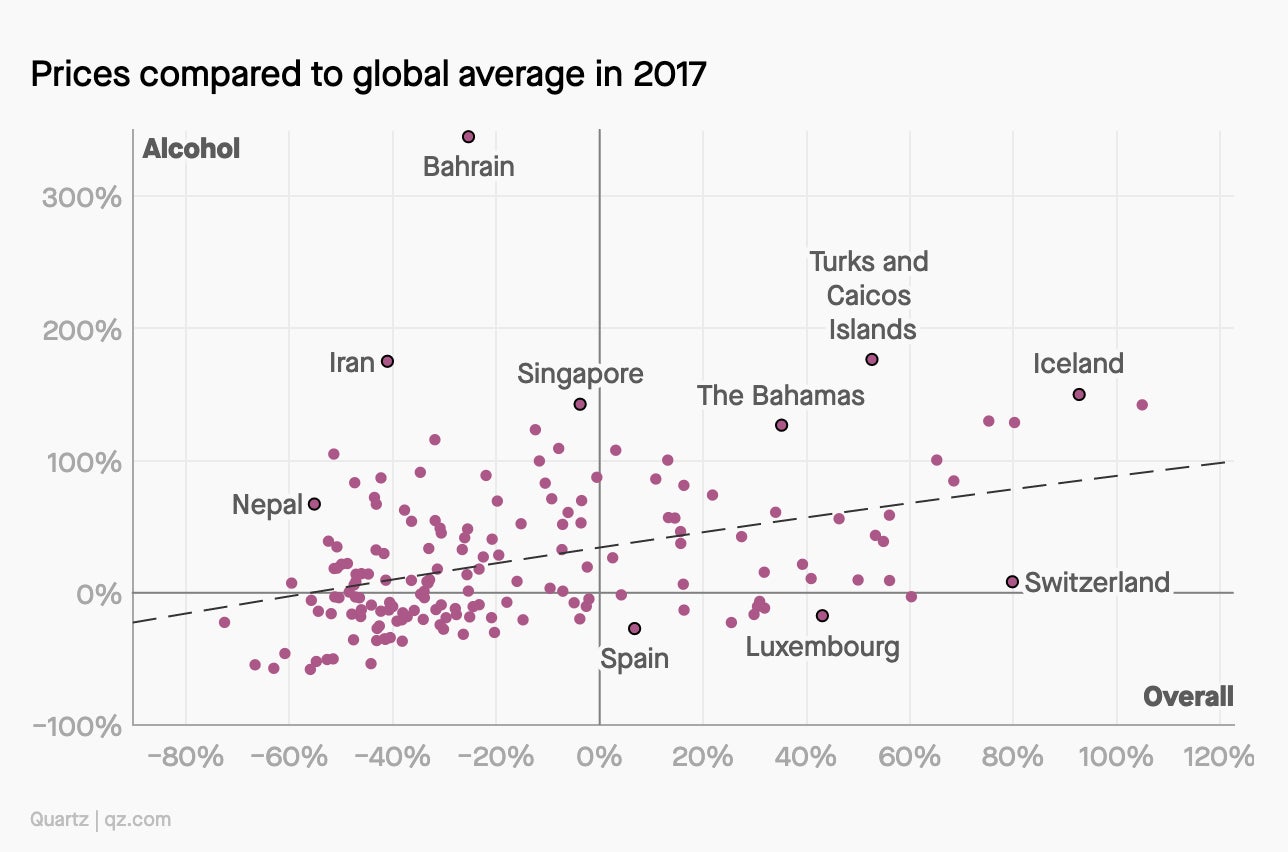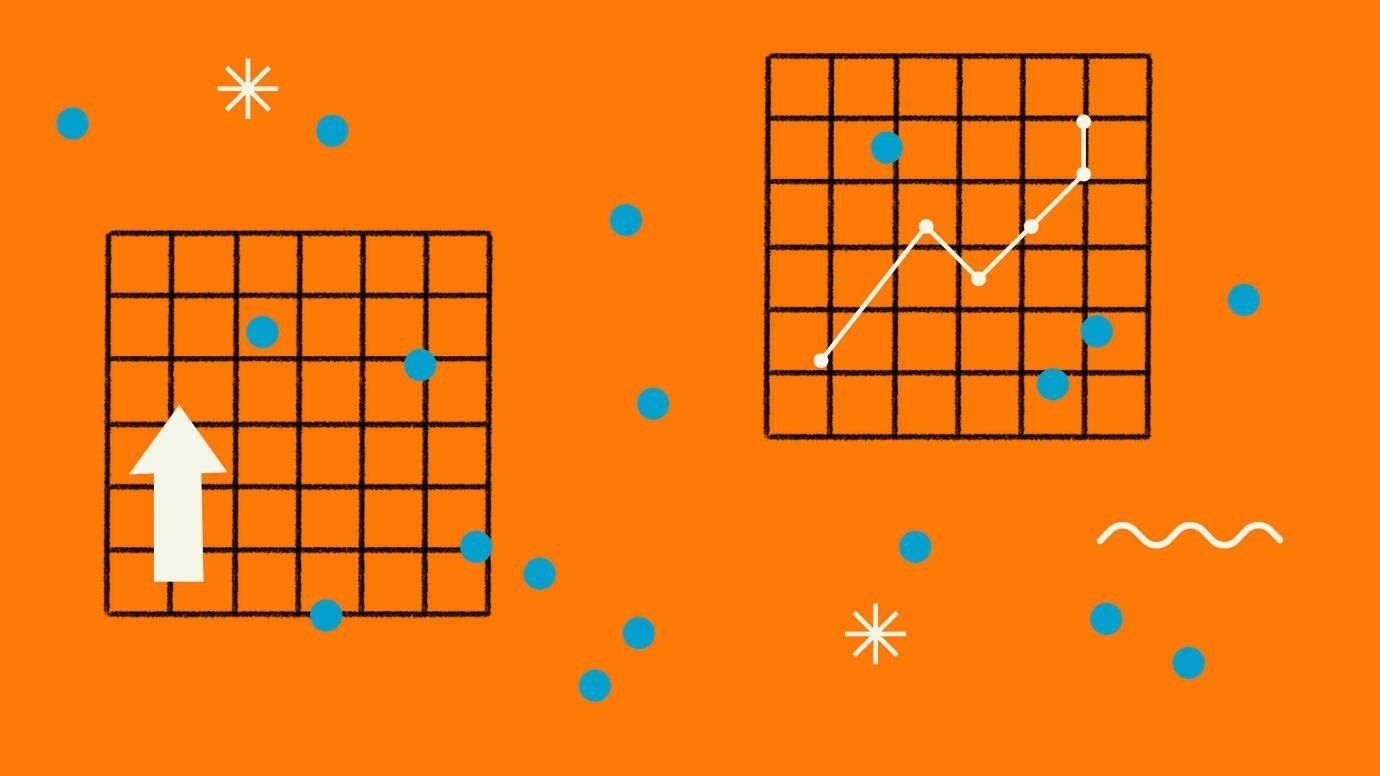US coronavirus surge, Liverpool Football Club, Arctic pups
Good morning, Quartz readers!

Good morning, Quartz readers!
Here’s what you need to know
Coronavirus cases continue to surge across the US. Several states—including Texas—are pausing plans to reopen, as they deal with an outbreak that may be 10 times bigger than the official count. The Trump administration holds a public coronavirus briefing this morning, and is also pushing the Supreme Court to strike down the Affordable Care Act.
Two major retailers had surprisingly bad news for investors. H&M posted a worse-than-expected loss in the second quarter of 2020, while Nike reported a quarterly loss for the first time in two years. Both have been badly hit by pandemic lockdowns and store closures.
Colorado is reviewing the death of a Black man in police custody. Elijah McClain, 23 and unarmed, was stopped by white officers in Aurora last year, and placed in a chokehold. He died three days later. Nearly three million people signed a petition demanding an investigation.
LeBron James raised $100 million for his media startup. SpringHill Entertainment is aimed at Black audiences, and Serena Williams is also on the board. According to James, staff are “64% people of color and 40% female in an industry that averages 25%.”
Liverpool won the Premier League. It’s the club’s first championship for 30 years, and is the result of meticulous planning and recruitment, over nearly five years, by its current management team. The league was suspended for three months because of the pandemic.
The coronavirus living briefing
Check our coronavirus living briefing each business day for updates on how Covid-19 is affecting the global economy. Here’s what we’re tracking now:
Public health: Some policy wonks are using a new metric to measure mortality rates.
The US job market: Last week saw 1.48 million first-time unemployment claims, while the overall number of people receiving benefits dropped by 767,000 to 19.5 million.
Sports: The Boston, Berlin, and New York marathons have been canceled, while London is opting for a postponement.
Charting the most expensive alcohol in the world
The cost of alcohol is highly correlated to overall cost of living in a country. Bahrain is an exception. It isn’t a particularly expensive country overall, with prices for goods and services around 25% below global averages. However, the steep price of alcohol there is an example of how factors other than labor costs, including trade, local taxes, and social policy, can determine how much customers pay.

For members: Tips for making better charts

We use a lot of charts. And, unlike many newsrooms, we train all our journalists to create them rather than relying on a specialized team. We think anyone can make great charts with a little bit of guidance and practice—here’s some of the advice we give to our journalists.
Not a member yet? We’ll give you a preview:
- Know what you’re trying to show. Before you get down to making your chart, be sure you know what your goal is. You’re using your charts to communicate information.
- Use charts like sentences. Your charts should say one thing clearly. If cramming five or six series into one chart confuses more than it informs, make them into separate charts.
- Charts should make sense in isolation. People often skim, so it’s worth asking: If someone came across your chart without any context, would they understand it?
✦ To see the rest of our chart-making tips, articles, presentations, field guides, and workshops available exclusively to members—start with a seven-day free trial! ✦
You asked about timing your testing
I recently went on a trip and felt it prudent to get tested when I got home. My test was negative, but since it can take 10-14 days for symptoms to show up could I still be infected? Should I get re-tested if I need to continue to go to work?
Way to be thoughtful for those who will be around you at your job, Mari! You’re correct that it generally takes one to two weeks for symptoms to show up. The short answer to your question is that it depends on what kind of test you took.
If you swabbed your nose or cheek, you took a test that could detect the presence of SARS-CoV-2 in your system regardless of how you feel. These tests are looking for bits of the virus’ genetic material. Your negative test means you weren’t infected during your travels. If a later test turns up positive, you’ll need to self-quarantine for two weeks to make sure you don’t infect anyone else. You might not have enough of a viral load to develop immunity or transmit the virus to others, and you may not feel sick, but it’s still important to self-isolate just in case.
If you gave a blood sample, your negative result isn’t as meaningful. These tests are called serology tests, and they look for signs that you’ve developed antibodies against the virus. It can take up to 30 days to develop antibodies against any given infection, so even with a negative serology test, it’s still possible that you’ve been exposed to the virus. You could re-test, but in general, serology tests shouldn’t be used to decide whether it’s safe to return to activities; their results can get muddled by some complicated statistics.
Surprising discoveries
Goldman Sachs’ new font can’t be used to criticize Goldman Sachs. It says so right in the license.
YouTube views of sourdough videos jumped 400%. The rising popularity of bread content came from March 15 to May 31, at the height of coronavirus lockdowns.
Nearly 60 Prince tracks from the vault are released in September. They’re on a “super deluxe” edition of 1987’s Sign O’The Times album.
Python-skin masks fight two organisms. The accessory, which aims to cut down on both coronavirus and the invasive snake species, is a best-seller for one Florida company.
Sled dogs have been the same for 9,000 years. The genetics of Arctic pups have been relatively unchanged since they evolved from wolves.
Our best wishes for a productive day. Please send any news, comments, a victory parade, and $300 for the vinyl edition to [email protected]. Get the most out of Quartz by downloading our app on iOS or Android and becoming a member. Today’s Daily Brief was brought to you by Hasit Shah, Susan Howson, Dan Kopf, David Yanofsky, Katie Palmer, Katherine Ellen Foley, and Max Lockie.